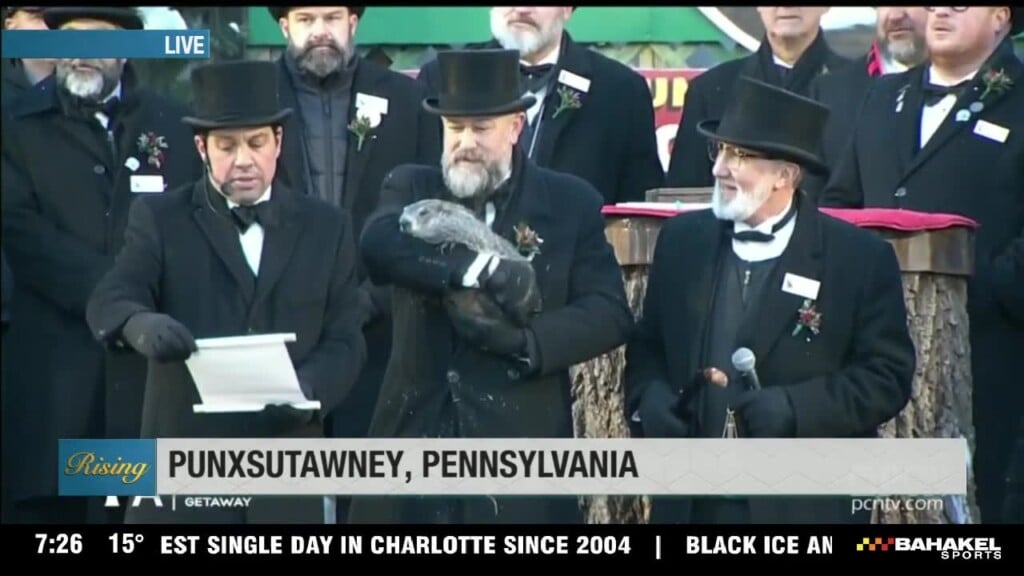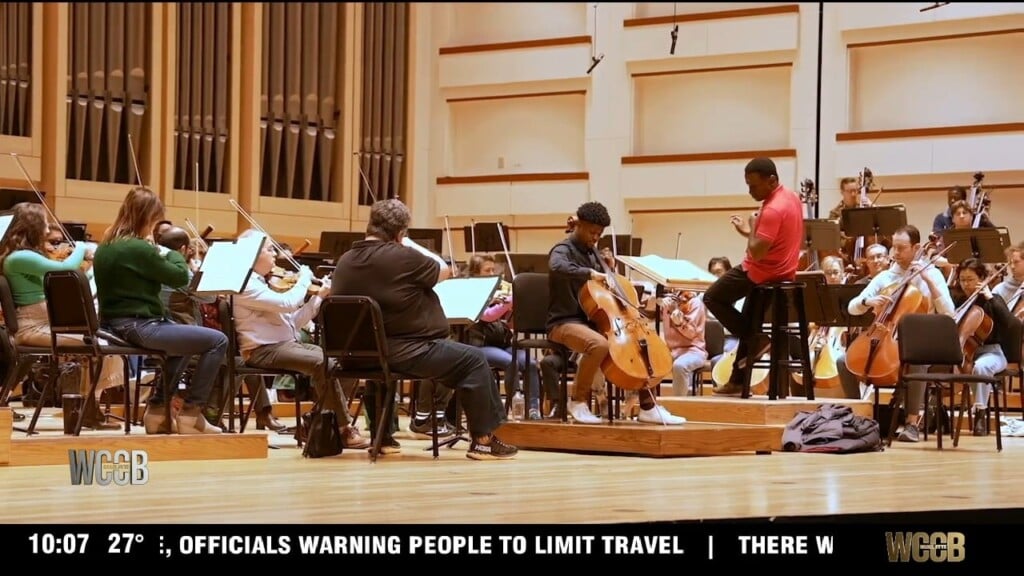WASHINGTON, D.C. — A unanimous vote by the U.S. Supreme Court will make it harder for police to search your cell phone.
The decision is a sweeping endorsement for privacy rights, and could be a major blow for technology like the Stingray program CMPD is suspected of using.
“I think it’s a big win for all Americans in the protection of their privacy,” says Chris Book, Legal Director for the ACLU in North Carolina.
Our smart phones have become part of our lives. A big part. But should they be protected from law enforcement searches?
“I think that it’s probably appropriate because that’s personal information,” says Kathy Rowland. “Just like you would get anything else. You probably should have a search warrant.”
“It preserves our right to privacy to some extent,” says Carl Wilson. “But if you know a crime has been committed, they should be able to get a warrant pretty easily if they have evidence.”
Officers have been able to search our phones if there is “probable cause”, but the Supreme Court is now separating cell phones from other things you might have when detained by police, giving them the same protection as your home computer.
“That same warrant requirement should apply to cell phones,” says Book. “And when the government is going to intrude in your personal life, they need to have some good evidence that is the basis for that intrusion.”
What’s not completely clear about the Supreme Court’s decision is how it will affect tracking technology like Stingray devices, which can intercept cell data from anyone within range of the device.
It is confirmed Stingrays are being used in different towns in North Carolina, and there is evidence they are here in Charlotte, too.
The ACLU believes laws are catching up to the technology.
“The foundation of today’s Supreme Court decision could very easily serve to limit law enforcement’s use of that sort of technology that would allow law enforcement to remotely search your phone and the items that you have on your phone,” says Book.
Minutes from a March 2012 Charlotte City Council meeting list a contract with Harris Corporation for more than $357,000 for “investigative equipment”. That company exclusively manufactures Stingrays.




